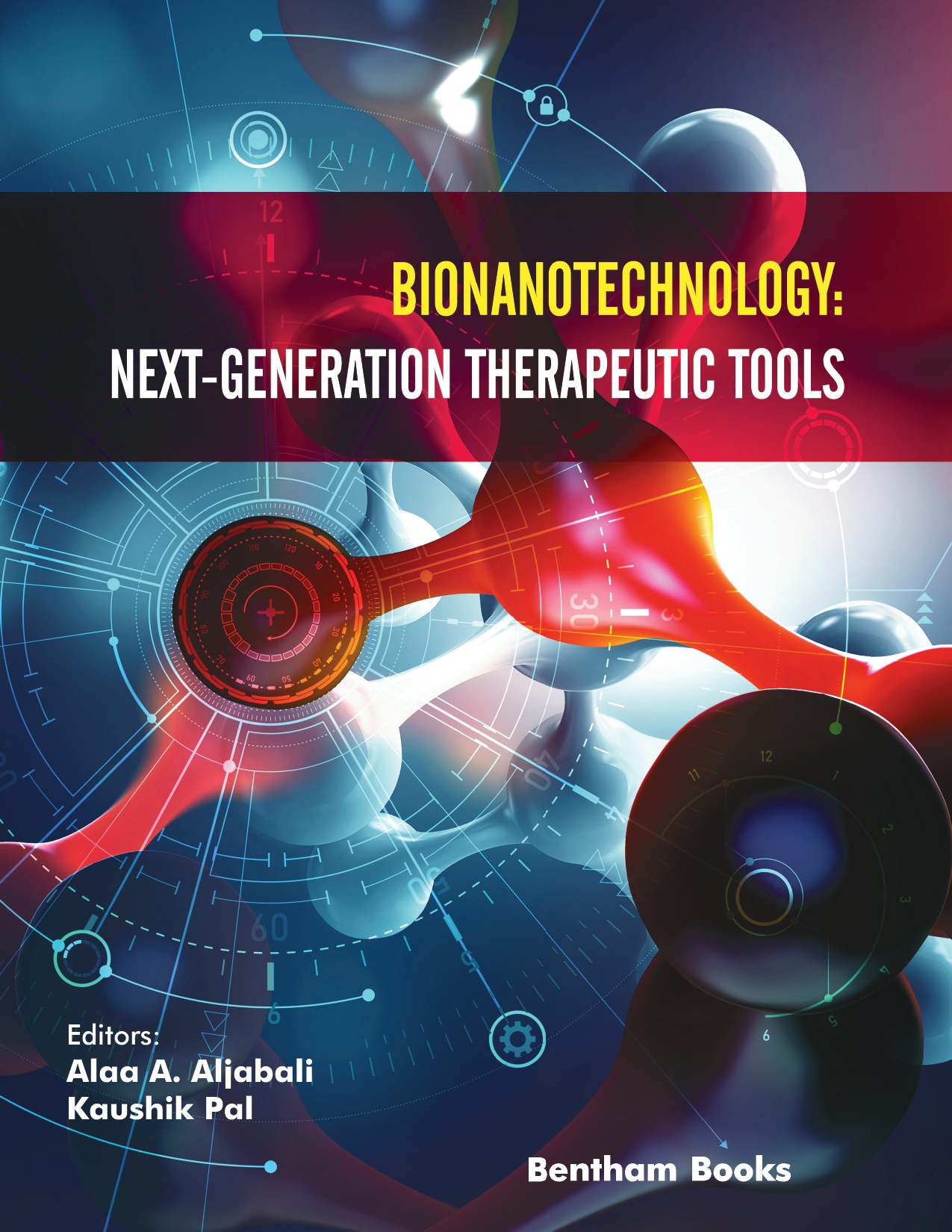Conclusion, Outlook, and Prospects: Bionanomaterials in Clinical Utilization

- Authors: Alaa A A Aljabali1, Kaushik Pal2, Rasha M. Bashatwah3, Murtaza M. Tambuwala4
-
View Affiliations Hide Affiliations1 Faculty of Pharmacy, Department of Pharmaceutics and Pharmaceutical Technology, Yarmouk University, Shafiq Irshidat Street, Irbid 21163 P. O. BOX566, Jordan 2 University Centre for Research and Development (UCRD), Department of Physics,Chandigarh University, Mohali, Gharuan, Punjab 140413, India 3 Faculty of Pharmacy, Department of Pharmaceutics and Pharmaceutical Technology, Yarmouk University, Shafiq Irshidat Street, Irbid 21163 - P. O. BOX566, Jordan 4 SAAD Centre for Pharmacy and Diabetes, School of Pharmacy and Pharmaceutical Science Ulster University, Coleraine, UK
- Source: Bionanotechnology: Next-Generation Therapeutic Tools , pp 177-194
- Publication Date: June 2022
- Language: English
Nanomaterials have contributed to significant advancements in the realms of biotechnology and medicine. A holistic examination of the different biocompatible nanocomposites is discussed in this chapter. Their compatibility with state-of-the-art engineering techniques, such as additive manufacturing to design practical surgical implants, is also discussed. The importance and potential of nanocomposites and manufacturing processes in implantable medical device industries are also thoroughly considered. Nanomaterials' unique characteristics contrast with their large counterparts, such as high surfaces, reactivity, and reproducibility. Their incorporation in matrices has shown that the resultant composites' mechanical, chemical, and physical properties can be improved.Consequently, a wide variety of technical technologies, such as energy products, biomedical applications, micro-electrical equipment etc., have been intensively researched. Furthermore, the foundation for many new medicines and surgical instruments, including nanorobots, has been built on nanobiotechnology. It has been utilized in almost every medical sector, and its usage in the treatment of different diseases, such as cancer, neurobiology, cardiovascular disorders, joint and bone disorders, eye diseases, and infectious diseases, has been evident through different studies. Nanobiotechnology can promote diagnostics and the advancement of customized medicine, i.e., prescribing unique therapeutics that are tailored to an individual's needs. Many advances have already begun, and a definite effect on medicine practice will be felt in a decade.
-
From This Site
/content/books/9789815051278.chap8dcterms_subject,pub_keyword-contentType:Journal -contentType:Figure -contentType:Table -contentType:SupplementaryData105

